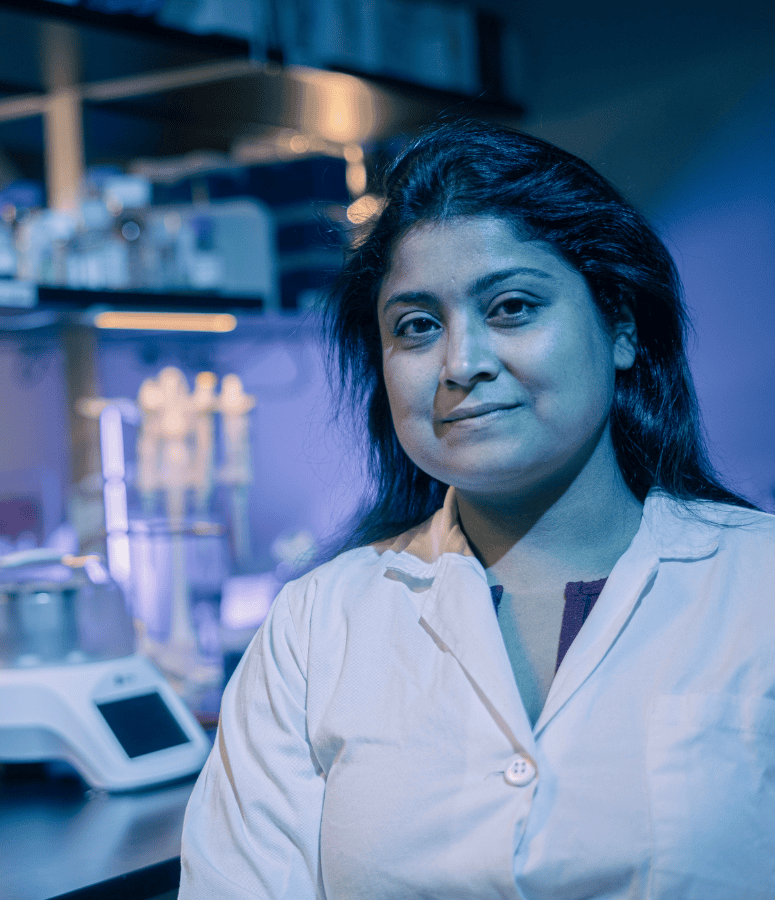our projects
Case study-1 Target engagement biomarker
Current explanation: A rare disease company with an antisense (ASO) treatment against a specific synaptic protein needs a biomarker to verify that the ASO enters the brain sufficiently to affect the therapeutic target. NeuroDex reviews the target mRNA and protein and identifies assays for this target. The developed immunoassays and PCR are qualified for ensuring reliable performance and compatibility with human plasma. Next, NeuroDex will work with the collaborator to verify that the assay is sensitive enough to detect treatment changes. Finally, the assay will be validated in a NeuroDex GLP environment to support both preclinical and clinical trials.
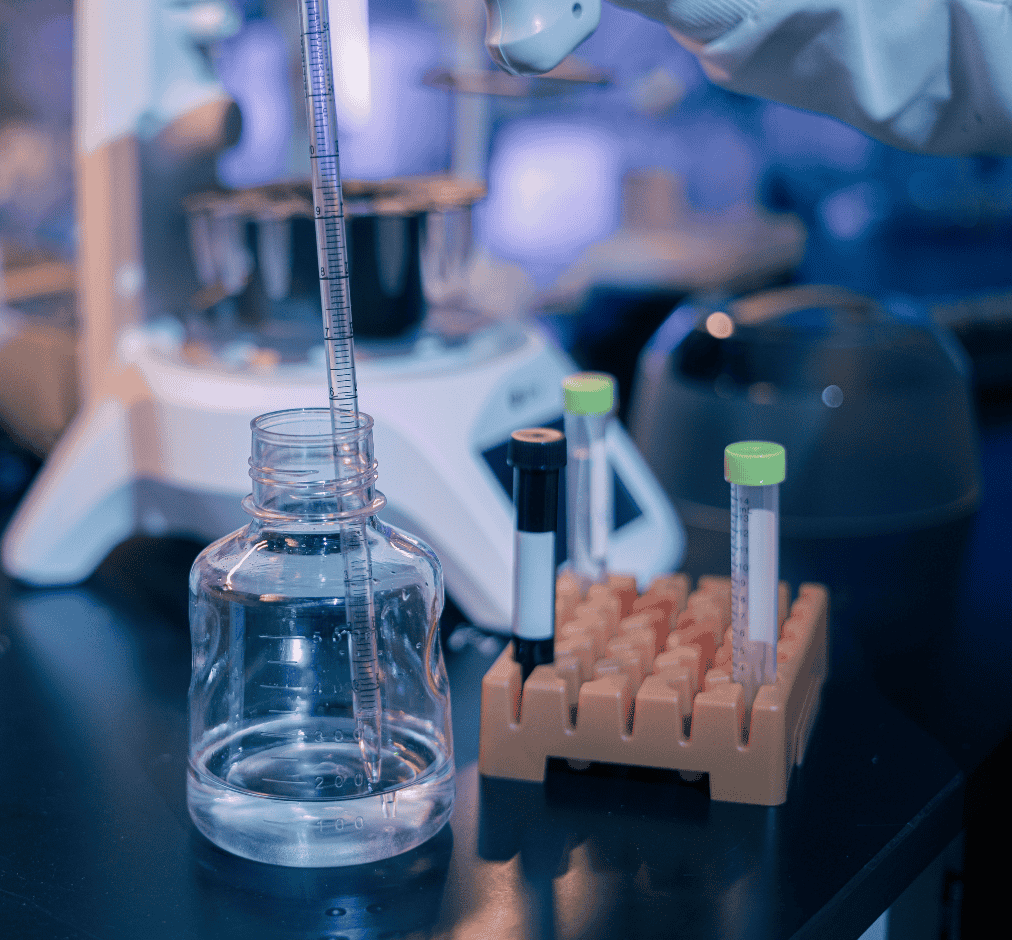
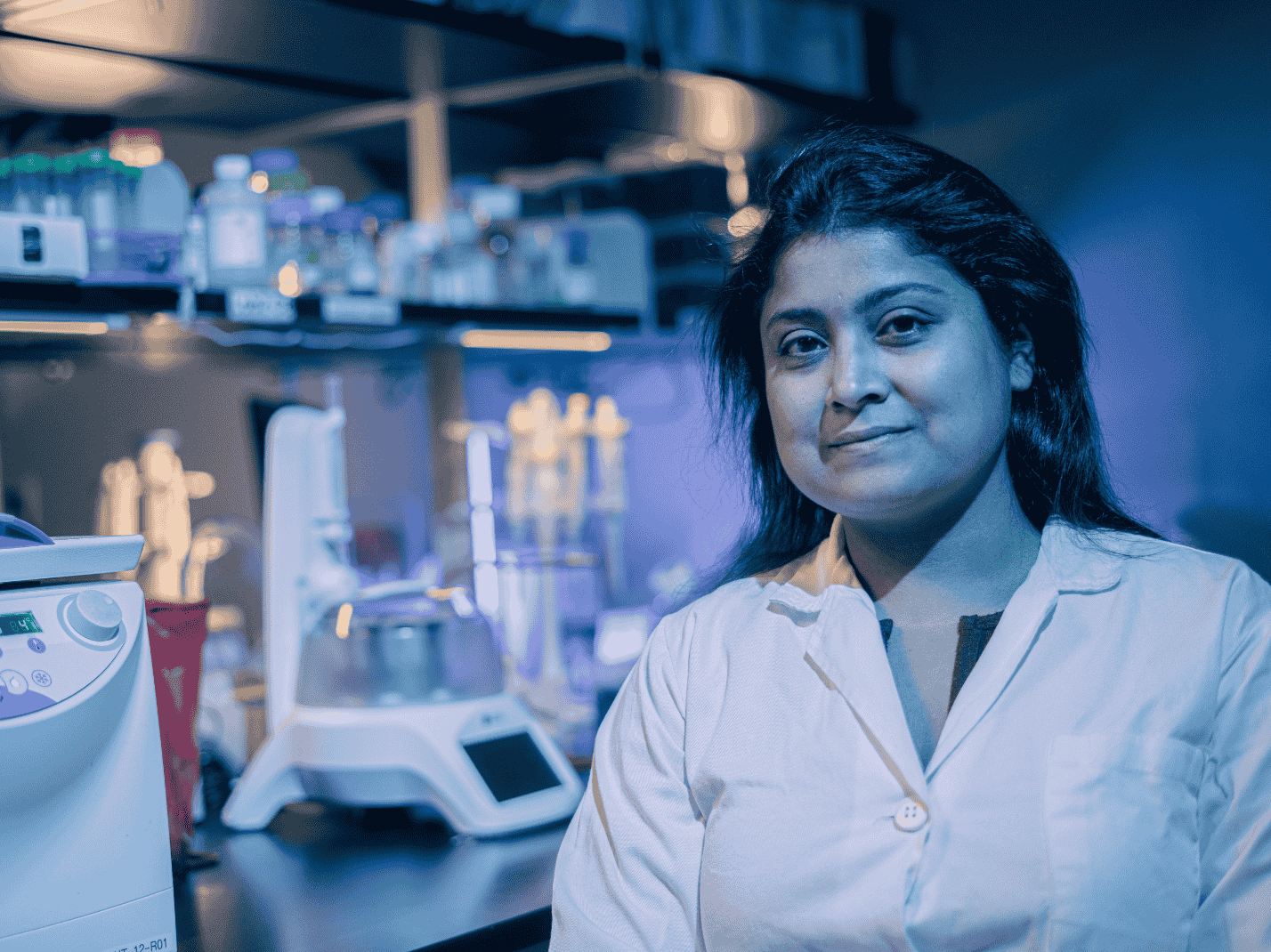
Case study-2 Patients selection biomarker
A company developing a treatment against a lysosomal protein for treating Parkinson’s disease is searching for a biomarker to select Patients with high lysosomal dysfunction for their clinical trials, as well as to monitor the treatment effect. NeuroDex will test its already developed autophagy/lysosome biomarkers, LC3 and Cathepsin D, and discuss additional targets that are more directly linked with the collaborator treatment. The NeuroDex team will work with the collaborator to incorporate the biomarkers into their program, designing the right combination of animal and human studies.
Case study-3 Parkinson's Disease, Lewy Body Dementia Diagnosis and Alzheimer's Disease Stratification
NeuroDex is working to improve diagnostic capabilities for synucleinopathies in Parkinson's disease and Lewy body dementia. This is critical not only for classical synucleinopathies, but also for Alzheimer's disease stratification, identifying the over 1.5M patients with co-pathologies. The NeuroDex blood test can help screen patients for a high-sensitivity Synuclein seed amplification assay (SAA) developed by Amprion and replace it in cases where lumbar puncture is not an option (high agitation cases).
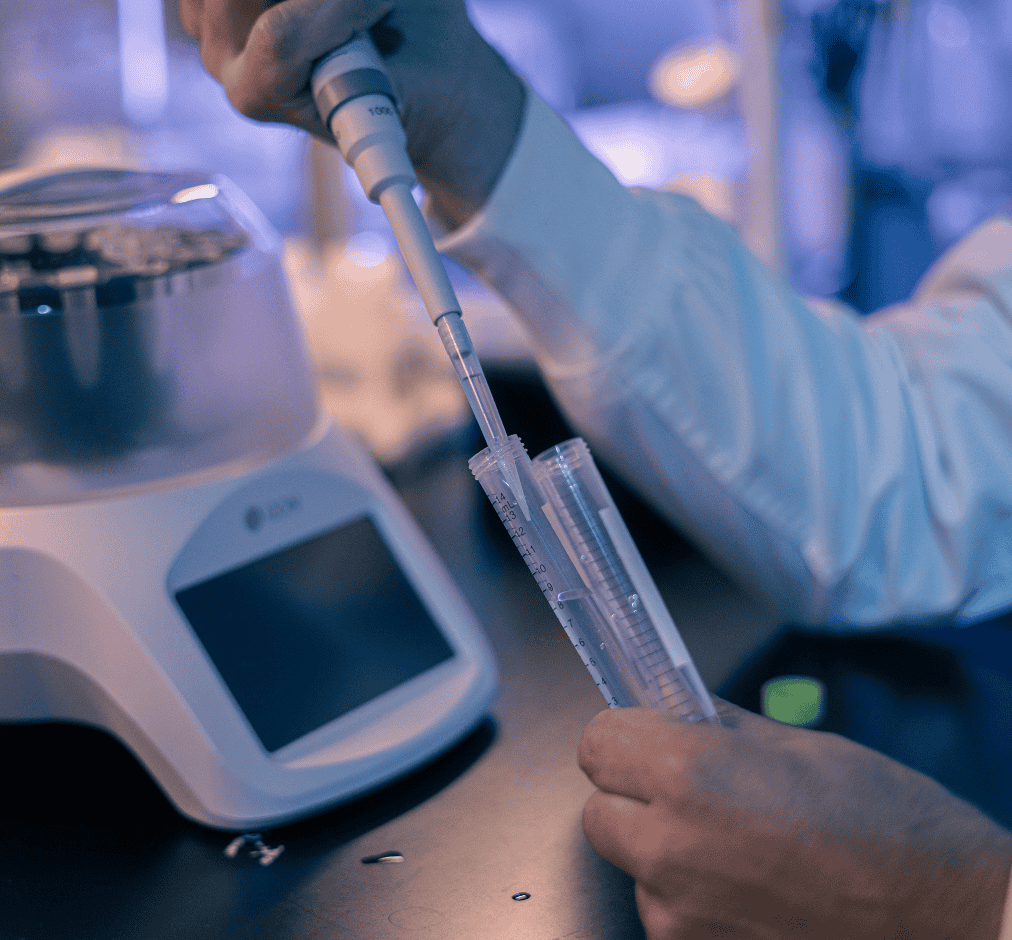
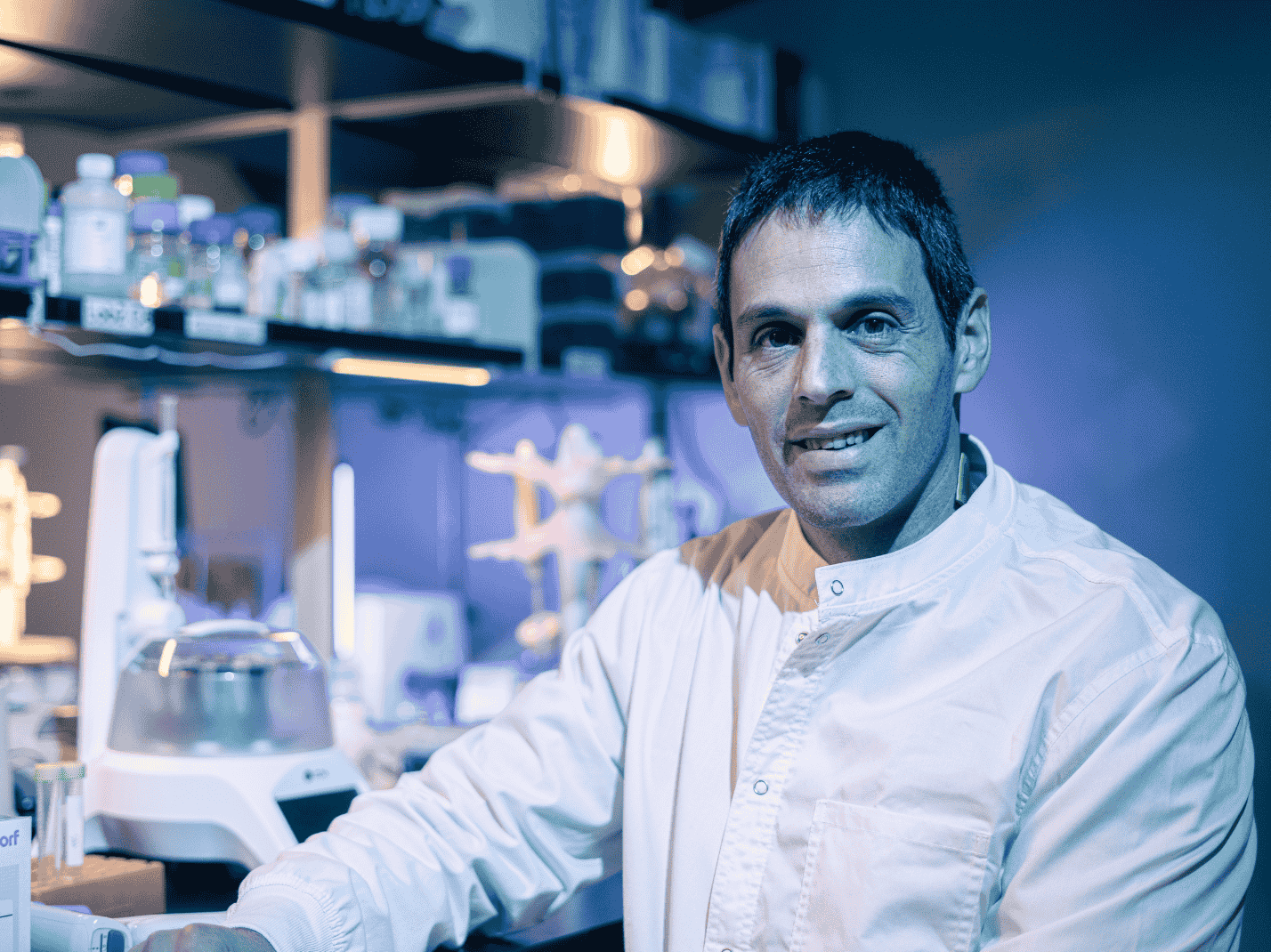
Case study-4 Amyotrophic Lateral Sclerosis Diagnosis
NeuroDex is advancing ALS diagnostic capabilities by targeting TDP-43 proteinopathy, as TDP-43 pathology is present in approximately 97% of ALS cases. NeuroDex is developing a quantitative assessment of total TDP-43 in neuronally derived extracellular vesicles that identifies sporadic ALS with good sensitivity and specificity. ALS diagnosis is a long path, often taking over 14 months, and involves many unnecessary medical interventions. NeuroDex test can reduce this timeframe, helping patients and companies develop novel therapeutics for ALS.


